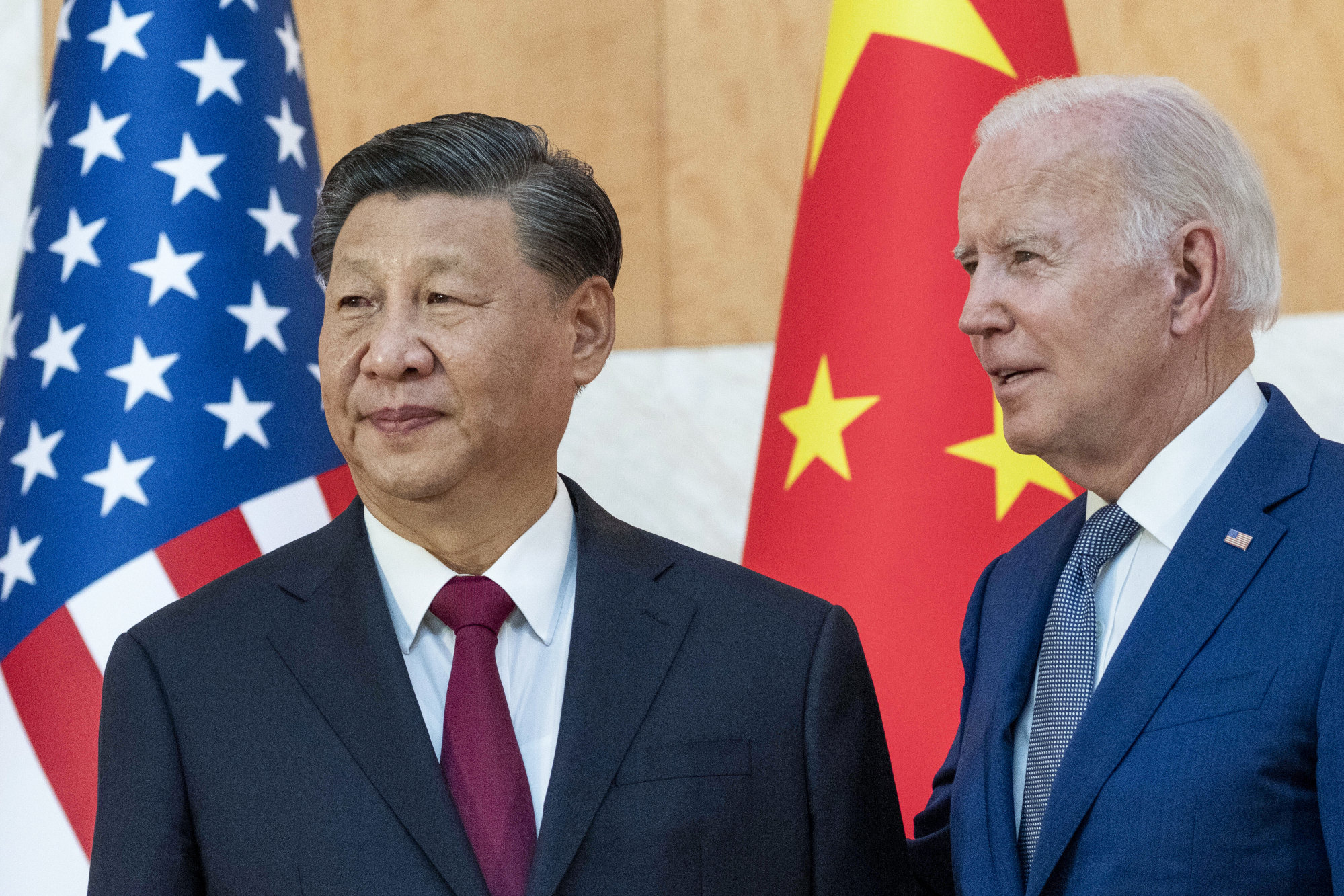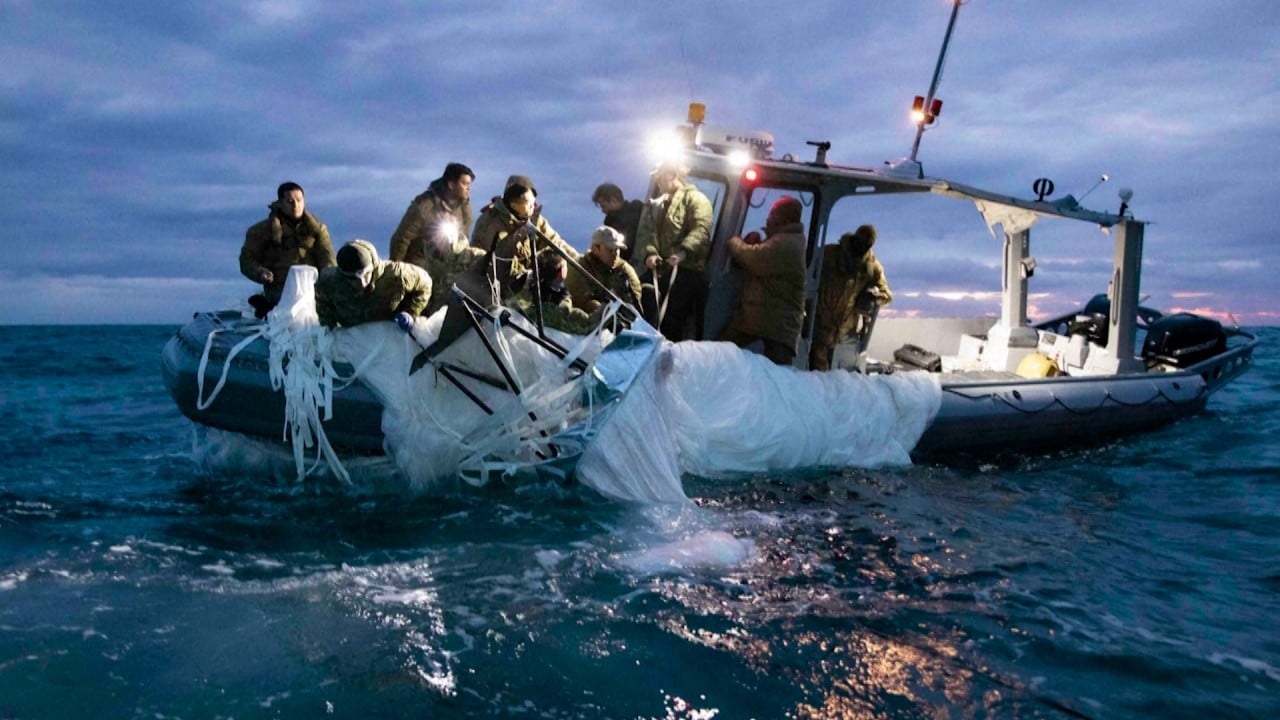
US and China urged to boost travel and exchanges to stop further fraying in ties
- A study warns that relations have reached a ‘level of animosity not seen since the late 1960s’ and call for increased contact between the two sides
- The two authors, a US academic and a Chinese one, made rare visits to the other’s country at the height of the pandemic
The report published by the Washington-based Centre for Strategic and International Studies (CSIS) on Friday focused on academic exchanges but also had recommendations for governments.
The two authors – Scott Kennedy, senior adviser and trustee chair in Chinese business and economics at the CSIS, and Wang Jisi, founding president of the Institute of International and Strategic Studies at Peking University – each made ice-breaking visits to the other’s country during the height of Covid-19 pandemic last year in an effort to reboot the engagement.
“Over the last decade, particularly in the last five years, relations have deteriorated dramatically, to levels of animosity not seen since the late 1960s,” the report said
They said reduced contact was “not only a product of worsening ties, it also has contributed to the decline of relations”.
‘More defensive’ China lowering expectations for talks with US, observers say
The report said no one else from think tanks in Beijing or Washington had been able to make such a visit since March 2020, when China imposed strict Covid-19 travel controls.
“All of the US interlocutors I talked to thought that both China and the United States should be held responsible for the downward spiral of the bilateral relationship,” Wang said of his trip.
“Partisan politics have resulted in competition among US politicians to show their toughness on China.”
Wang said his conversation with US counterparts on the Ukraine conflict and its implications for China-US relations were remarkably candid and useful to both sides, particularly because “we were able to take this rare and valuable opportunity for face-to-face communication”, he wrote.
Kennedy said what he saw and heard about the relationship between the two countries in China was “worrying”, and the lack of direct, face-to-face communication had contributed to the hardening of attitudes.
He found that people from government, business and academia “were eager to meet and exchange views” but some of them thought “achieving a successful reset that would stabilise ties will be extremely difficult”.

In November 2022, Chinese President Xi Jinping and his US counterpart Joe Biden met in Bali, and “their consultations were conceived as the first step in further communication involving other agencies and lower levels of the bureaucracies”, the report said.
But the authors said their own experiences had shown the difficulty of engaging in such a process.
“They [the authors] were not surprised that the balloon incident reinforced negative perceptions on both sides and, at least temporarily, interrupted efforts to establish a floor under the relationship,” the report said.
“By cancelling Secretary Blinken’s initial trip to Beijing, Washington has signalled that dialogue can only occur when there is not a crisis.
“Beijing has also said that the US description of the relationship as ‘strategic competition’ and its criticism of Beijing’s actions create an atmosphere inconducive to dialogue.”
Is Blinken visit a step closer with State Department’s China guru trip?
China cut several military-to-military communication channels and other areas of dialogue last August, including on climate change and the fight against drug trafficking, after then US House speaker Nancy Pelosi visited Taiwan – a trip Beijing saw as a serious violation of its sovereignty.
The authors noted that the high possibility for crises made dialogue “more urgent than ever” and urged both sides to take steps to address the other’s concerns.
The authors urged the US and China to commit to a foundational policy of restoring direct connections across the entire span of the two societies following the end of China’s zero-Covid policies.
It urged both sides to commit to accelerating processing of non-immigration visa applications for travellers such as tourists, students, academics and businesspeople, as well as expediting the restoration of direct flights.
The report said both governments should commit to the full resumption of in-person academic relations including many steps that could be taken “immediately or within a few months”, the report said.
They also suggested that the two governments should create a Track 1.5 dialogue, a term that refers to discussions involving official and non-official figures, resume regular communications between the executive powers and enable visits by legislators and local governments.
It also said both governments should end the restrictions on the number of journalists allowed from the other side and lift the limitations on their reporting.


